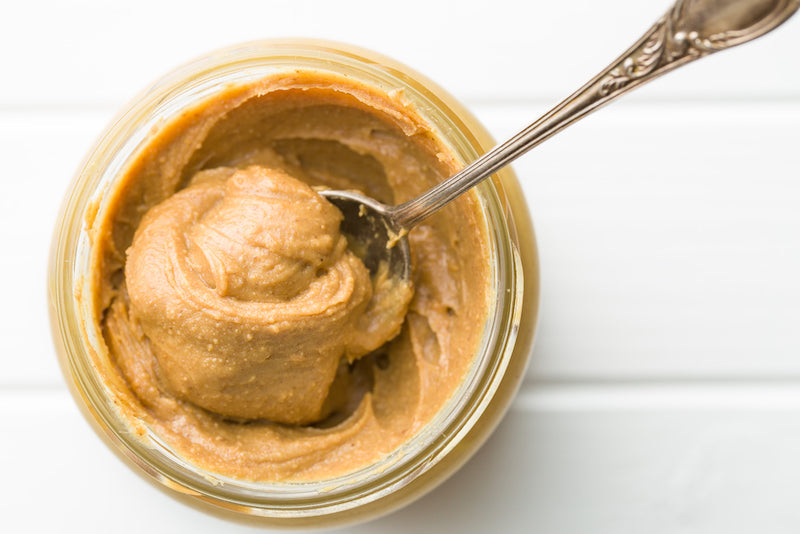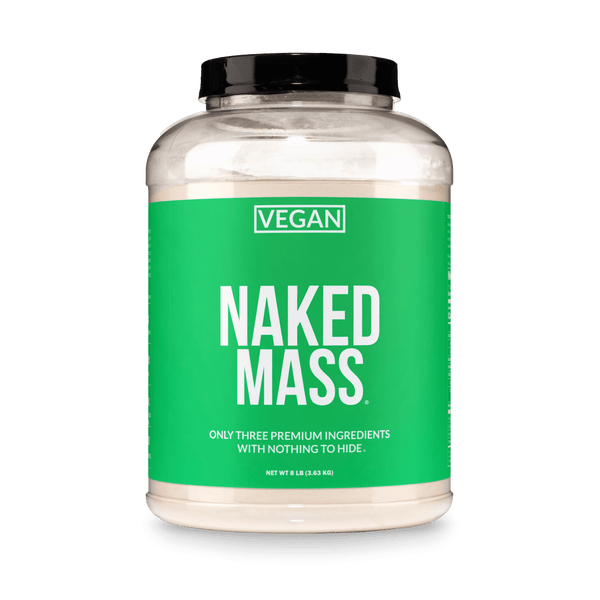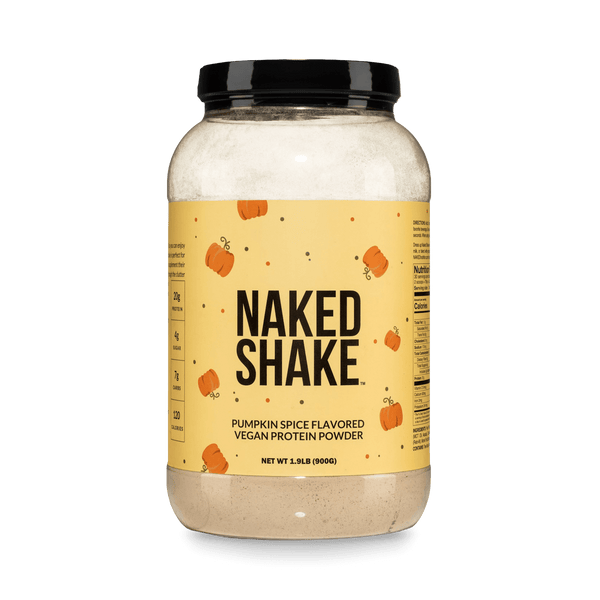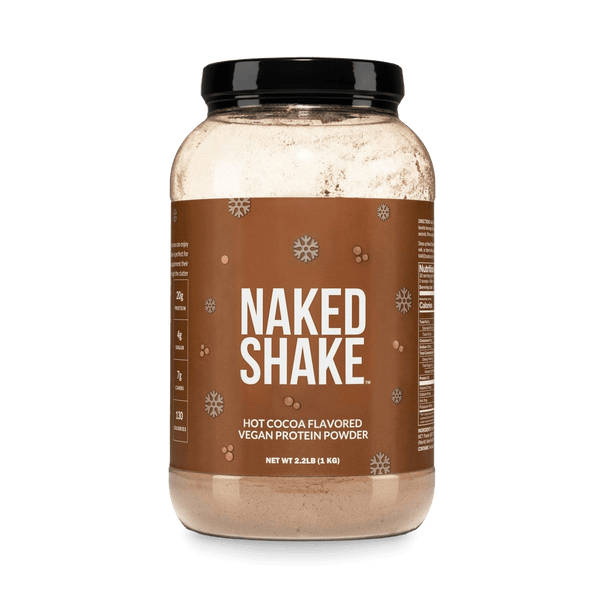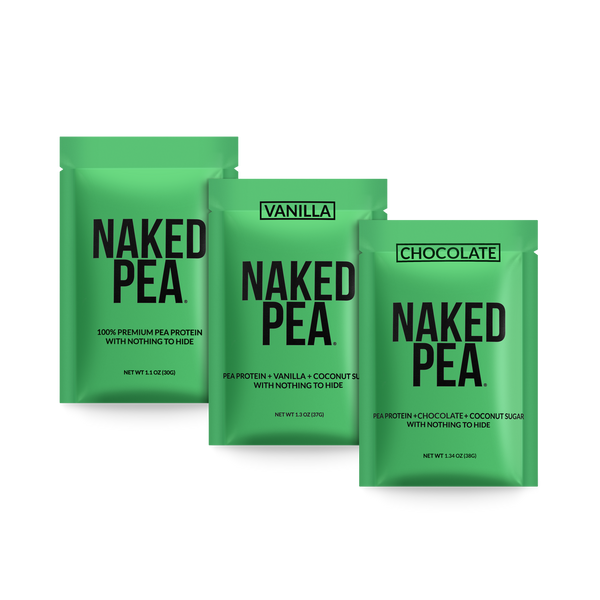Peanut butter is a popular spread that has become a staple ingredient in many households.
It’s delicious, nutrient-rich, and versatile in many dishes from smoothies to desserts to sandwiches. However, many people may wonder about the caloric value of this food.
This article will explore the nutritional benefits of peanut butter and will provide information on how many calories there are in this beloved food.
Is Peanut Butter Healthy?
Peanut butter can absolutely be a part of a healthy diet. After all, pretty much all foods in moderation can be part of a healthy diet.
Peanut butter contains many healthy nutrients such as monounsaturated and polyunsaturated fats, which are healthy fats that promote cardiovascular health. It’s also a great source of fiber which can help with good digestion and can promote satiety.
This delicious nut butter can also provide some protein, too, which of course is a necessary component in a well-balanced diet.

Is Peanut Butter Good for Weight Management?
Weight management is more complicated than including or excluding certain foods from your diet. Rather, being able to manage your weight has to do with many factors, some of which are out of our control. Genetics, set point weight, physical activity, stress levels, and overall dietary patterns play a role in someone’s weight.
With that being said, peanut butter can absolutely be a part of a healthy diet when someone has weight management as a goal.
Even though peanut butter is high in calories, it provides good nutrition and can help promote satiety, meaning it’ll keep you satisfied for longer and prevent overeating.
Also, pairing high-fat and protein-rich foods – such as peanut butter – with a carbohydrate, is an important consideration for blood sugar stabilization. When blood sugar is more stable and regulated, it is easier for the body to burn fat and manage their weight.
How Many Calories in a Spoonful of Peanut Butter?
The calories in peanut butter will vary depending on the brand and type you choose.
Most peanut butter brands contain about 150-250 calories per serving, or per 2 tablespoons.
In one heaping spoonful, peanut butters contain about 90-100 calories on average.
If you want to be sure how many calories you’re getting in a serving of peanut butter it’s always best to double check the nutrition facts label, as each brand and type will vary.

How Much Protein in a Spoonful of Peanut Butter?
Peanut butter provides a decent source of protein and can be especially helpful for those following a plant-based diet who need to utilize more plant based sources of protein.
In just one spoonful of peanut butter, you can get about 3-4 grams of protein. To get all of your protein from peanut butter wouldn’t make sense since it is quite calorically dense, however, it’s a great way to boost up your protein intake by including it as a part of meals or snacks.
What is Powdered Peanut Butter?
Powdered peanut butter is a processed form of peanut butter in which most of the oil content is removed. As a result, a fine, dry, peanutty powder remains. This product is much lower in fat and calories than regular peanut butter.
Using powdered peanut butter can be a game-changer for those looking to reap the benefits of peanut butter and enjoy the flavor while cutting back on fat and calories.
However, it’s important to note that not everyone would benefit from reducing their fat and calorie intake and it really depends on your goals and how much fuel your body needs to function at its best.
Powdered peanut butter can easily be added to baked goods, oatmeal, smoothies, and sauces and dressings, for example.
Is Powdered PB Healthier Than Regular PB

It’s hard to say that powdered peanut butter is necessarily healthier than regular peanut butter because both can absolutely be a part of a healthy diet.
However, it might be helpful to point out some key differences between the two so you can make the healthiest decision for you.
Powdered peanut butter can be a great option for those looking to reduce calorie or fat intake. However, not everyone needs to be concerned with reducing calories. Athletes, for example, may be looking for ways to increase their calorie intake to keep up with the physical demands of their sport. In this case, regular peanut butter might be the best choice.
When it comes to fat content, some people may benefit from reducing their fat intake for a variety of medical or health-related goals. In this case, powdered peanut butter would be the way to go.
However, it’s important to consider that fats in regular peanut butter are mostly heart-healthy unsaturated fats which play a valuable role in supporting heart health.
Ultimately, it’s important to choose the peanut butter that best meets your needs, goals, and also your taste preferences.
Is PB Protein Good for Muscle Mass?

The protein in peanut butter protein can be helpful in supporting muscle mass. Protein is necessary for muscle repair, growth, and maintenance.
The protein in peanut butter powder is not as significant as protein from other sources, however, it can be a great addition to a balanced diet. Peanut butter protein can be especially beneficial for those following a plant-based diet or those looking to find ways to increase their protein intake throughout the day.
PB Protein vs Whey: Which One Should I Pick?
Choosing between peanut butter protein and whey protein depends on your individual needs and preferences.
When comparing whey protein with peanut butter protein, there is significantly more protein in the former. Naked Whey protein powder contains 25 grams of protein per serving, while Naked Powdered Peanut butter contains 8 grams per serving.
Whey protein is best known for its highly bioavailable amino acids that can significantly promote muscle growth and repair. On the other hand, the powdered peanut butter contains fiber, is lower in calories, and has a delicious taste.
It can be challenging to just pick one protein, but the good thing is you don’t have to just choose one. Depending on your goals and preferences, you might choose to intermix powdered peanut butter protein with whey protein, or even mix them together for a nutrient and protein-rich post-workout shake.






